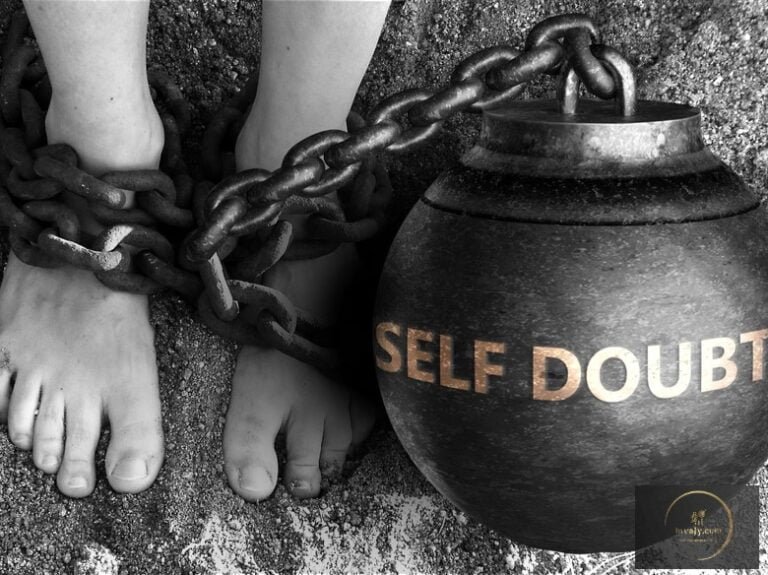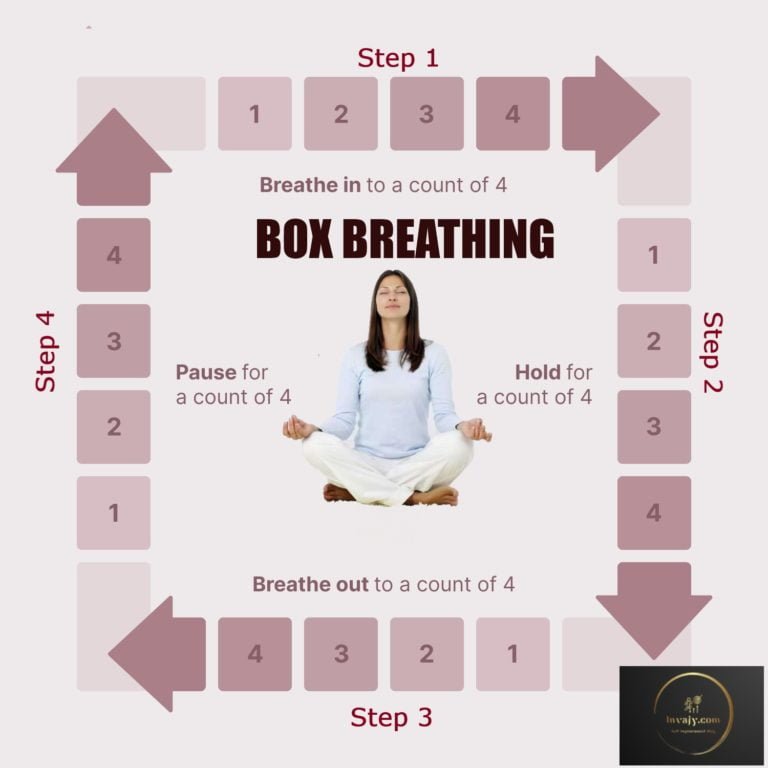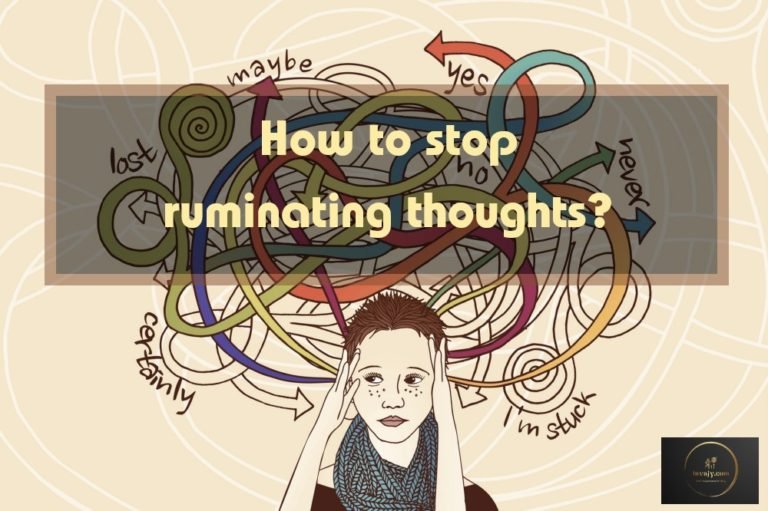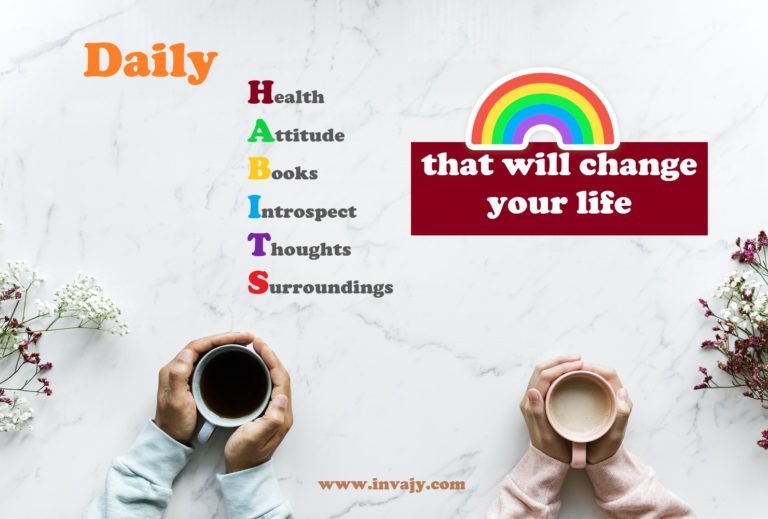Coping with Postpartum Depression and Baby Blues After Pregnancy
Understand Postpartum Depression with insights into its symptoms, causes, and treatments. Learn how to recognize this condition and find supportive strategies to aid recovery and well-being.
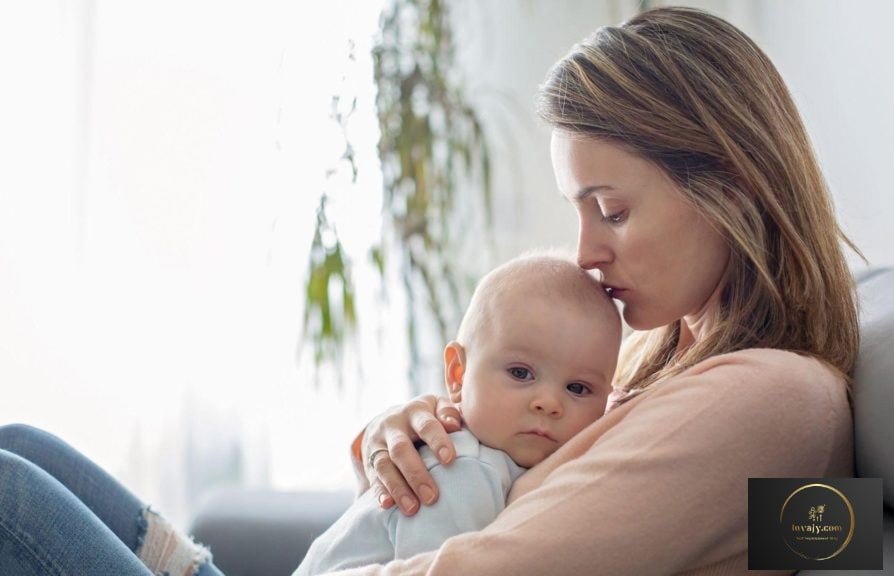
Congratulations for new member in the family! New born baby has brought a lot of happiness and joy to your family. Your in-laws, hubby and friends, everyone is busy celebrating and expecting you to be super exited; but in spite of trying, you find it hard. It may be very confusing to you, when the rush of emotion is worry or sadness instead of heady happiness. Most woman can relate to the emotional roller coaster that dominates the first couple of weeks after a baby is born. Mother’s of newly born may feel a bit down, tearful or anxious around 3-5 days after giving birth. This is often called the “baby blues” and is so common that it’s considered normal. This phase could last up to 2 weeks after child birth. If the above mentioned symptoms last longer, then you might have postpartum depression.
Postpartum depression is treatable. Treatment helps most women feel like themselves again. Then they can enjoy having a new baby at home.
What is Postpartum Depression?
Postpartum depression (also called PPD) or postnatal depression is a medical condition that many women get after having a baby. It’s strong feelings of sadness, anxiety (worry) and tiredness that last for a long time after giving birth. Postpartum depression is not a character flaw or a weakness. It’s simply a complication of giving birth. Sometimes it’s called peripartum depression because it can start during pregnancy and continue after childbirth.

Is It “Baby Blues” or Postpartum Depression?
Baby blues and postpartum can be differentiated based on two factors: Timeline and Symptoms.
Baby blues tend to be seen around three to five days after the baby is born and the mom will often experience symptoms for about two weeks. The baby blues occur for a few hours each day and should disappear within fourteen days after delivery. Postpartum depression on the other hand can occur within four weeks to several months after childbirth, and can last up to a year.
Symptoms of baby blues are sadness, mood swings, irritability, and fatigue. PPD symptoms are often more severe and include extreme stress, aggression, and potentially feelings of detachment from the baby.
Postpartum Depression Symptoms
The main symptoms of Postpartum Depression include:
- your “baby blues” last longer than two weeks
- a persistent feeling of sadness and low mood
- overwhelming tiredness or loss of energy
- trouble sleeping at night and feeling sleepy during the day
- loss of interest in previously pleasurable activities
- feeling that you’re unable to look after your baby
- feeling agitated, irritable or very apathetic
- crying too much
- difficulty bonding with your baby
- loss of appetite or an increased appetite (comfort eating)
- feelings of guilt, hopelessness and self-blame
- problems concentrating and making decisions
- having obsessive thoughts about your baby
- thinking about suicide and self-harm or thoughts of wanting to harm the baby
Causes of Postpartum Depression
The exact causes of PPD are not fully understood. It may be due to a combination of biological, hormonal, emotional, and environmental factors
Biological
Studies show that having a family history of postpartum depression — especially if it was major — increases the risk of experiencing postpartum depression. Previous history of depression or anxiety may also increase the probability of having PPD.
Hormonal Changes
After childbirth, a dramatic drop in the hormones estrogen and progesterone in your body may contribute to postpartum depression. Other hormones produced by your thyroid gland also may drop sharply — which can leave you feeling tired, sluggish and depressed.
Emotional Factors
When you’re sleep deprived and overwhelmed, you may have trouble handling even minor problems. You may be anxious about your ability to care for a newborn. You may feel less attractive, struggle with your sense of identity or feel that you’ve lost control over your life. Any of these issues can contribute to postpartum depression.
Other things that might increase the chance of postpartum depression include serious stress during the pregnancy, medical problems during the pregnancy or after birth, and lack of support at home.

How to Cope with Postpartum Depression?
Postpartum Depression affects your daily functioning and relationship with your baby and other family members making you feel increasingly isolated. Here is how to cope with PPD:
Professional Help
If your PPD symptoms last for more than two weeks, you must consider seeking professional help. Based on your condition severity, your doctor may advise you for Psychotherapy, or medication or combination of both.
Psychotherapy is the treatment of choice for PPD. This involves speaking with mental health professional about your thoughts and feelings. In your sessions, you can work on ways to cope and solve problems. You can also set goals and find ways to deal with different situations so that you feel better and more in control.
In more severe cases, your doctor may also suggest antidepressants. These medications may enter your breast milk, but are generally considered safe for women who breast-feed. If you have any concerns about this, speak with your doctor. They can help you weigh the potential benefits and risks.
Find Time for Yourself
It may be difficult for you to find time for yourself with additional responsibilities of newly born baby. You may feel stuck on the couch breast-feeding. Maybe you’re feeling overwhelmed by work, household responsibilities, or your older children. Instead of dealing with all these stresses alone, seek help. Take up your mother-in-law on her offer of free babysitting. Let your partner or another trusted adult take care of the baby for an hour or two.
Self-Care
Take good care of yourself. Shower and dress each day. Maintain a healthy diet to promote healing and recovery. Don’t skip means and eat healthy nutritious food . Move your body a bit, go for a walk or meet with a friend. Be sure to spend time with your partner. Get as much rest as you can. Sleep when the baby sleeps.
Do Not Isolate
Postpartum days may make you feel isolated at times. You may share your emotions and feelings with your partner, a friend, or another mother. Talking about your feelings with others can help shift your moods. Often just talking things out with someone you trust can be a big help. You may also join a support group or talk (by phone or online) with others.
Over to You
Professional help and healthy lifestyle changes can go a long way towards helping you to get relief from Postpartum Depression. I hope, if you will use above tips and strategies to deal with Postpartum Depression; you will surely be able to manage this mental health condition in a better way.
That’s all from my side. I hope, you liked this article on mental health. Please share this on your favorite social media portals with your friends and relatives.
(Disclaimer: This article is for general information only. Before adopting preventive methods/measures/treatment, please seek medical advice)

